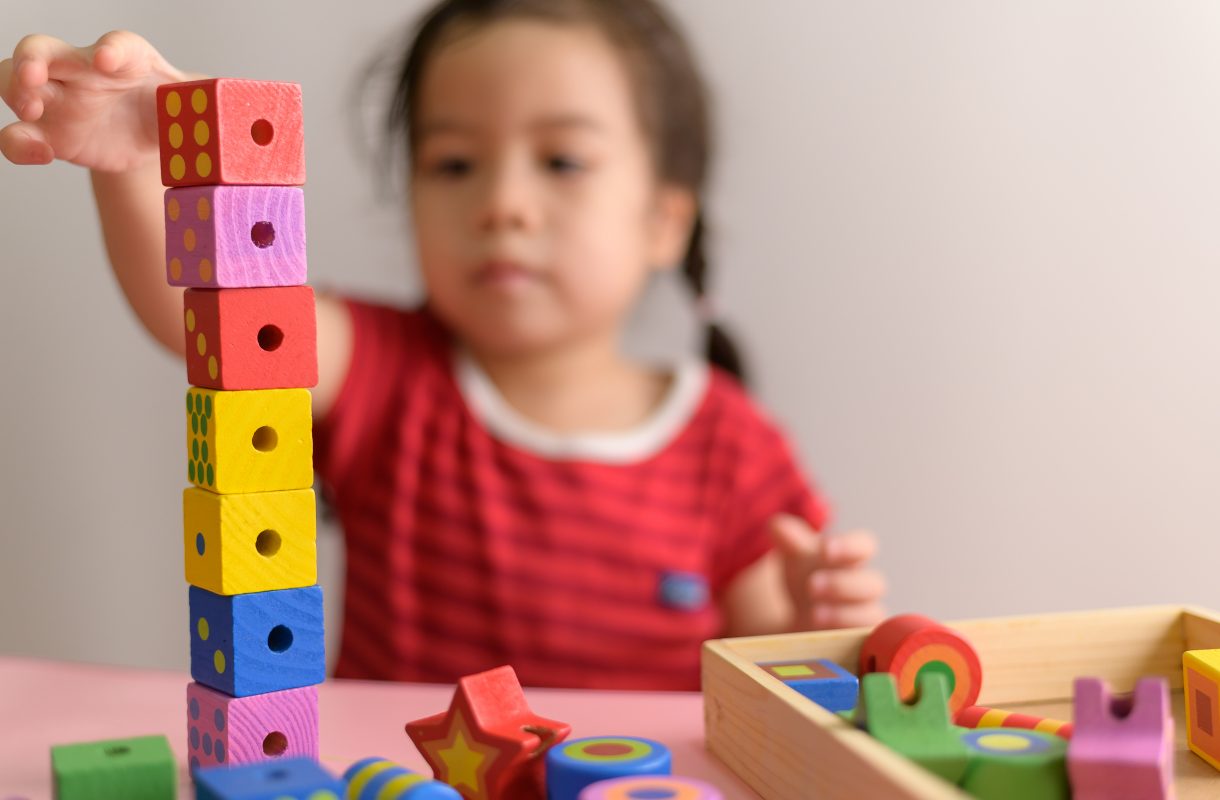Our impact

Before joining St Paul’s Catholic Primary School, in Billingham, Teesside, Poppy had been living abroad, where limited opportunities for interaction with other children had hindered her social and linguistic development.
Read Poppy’s story













